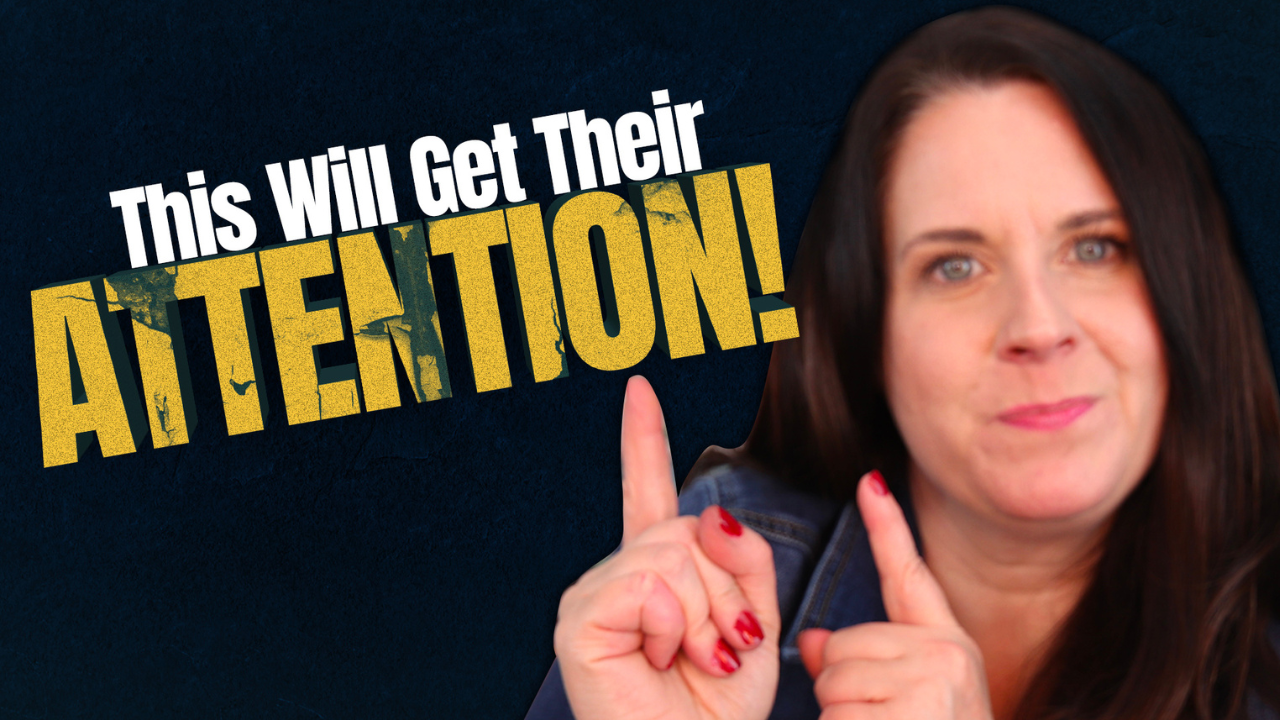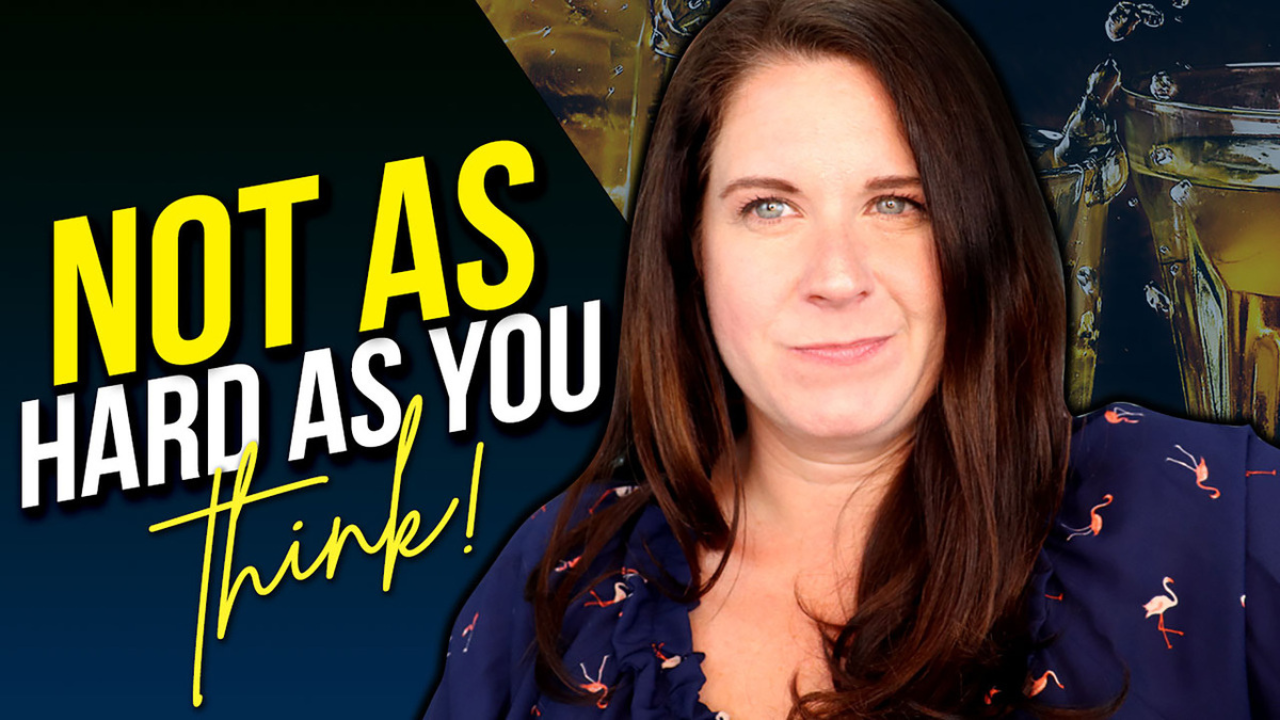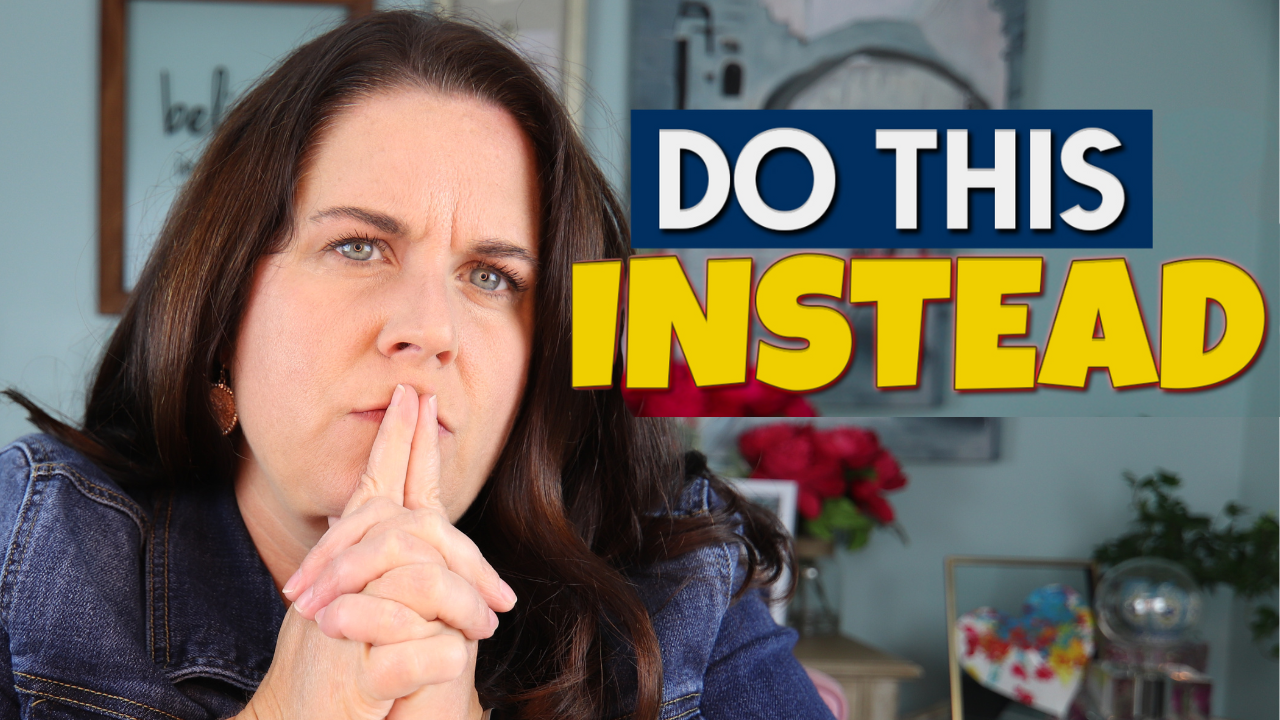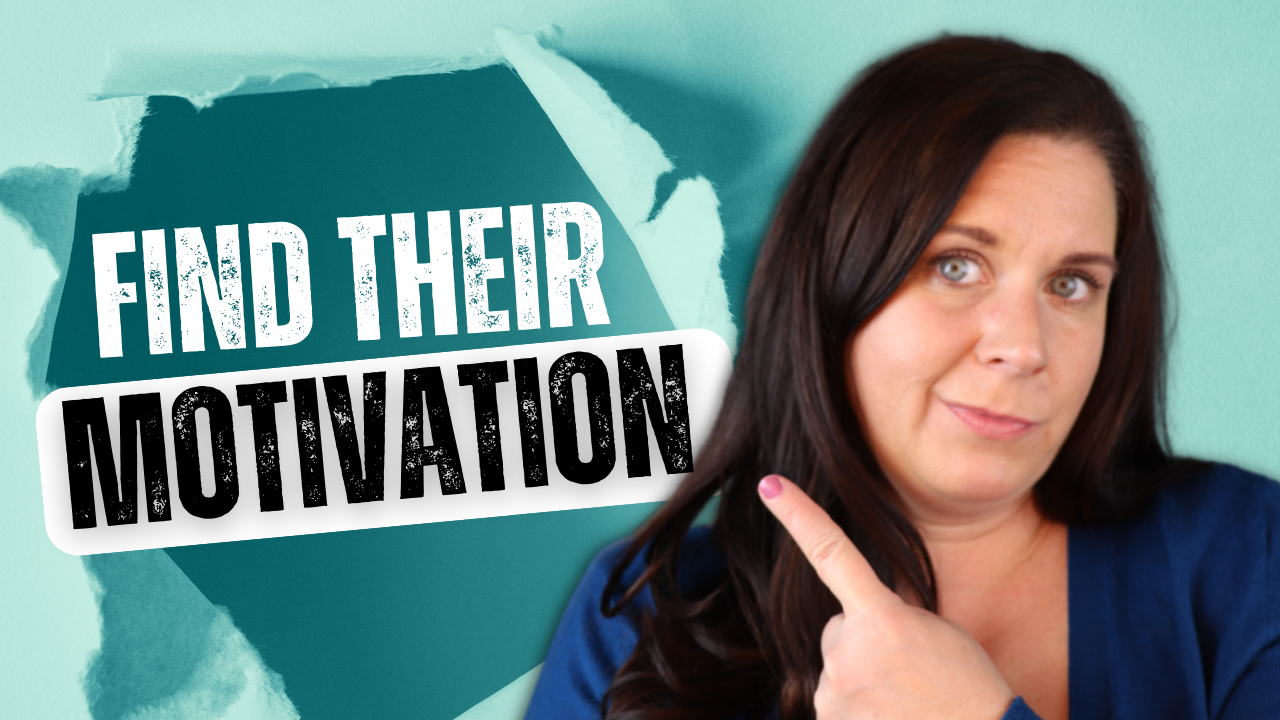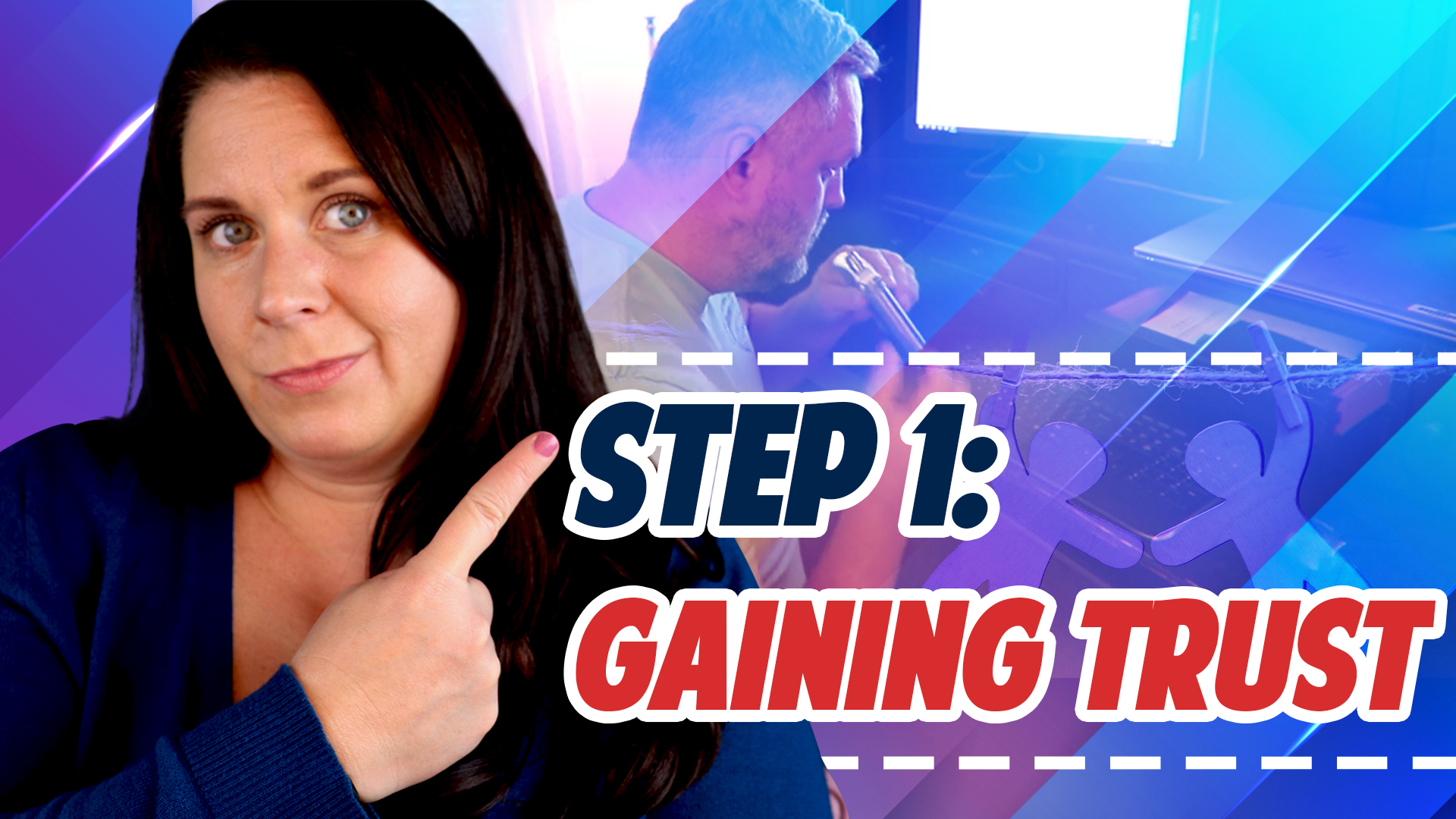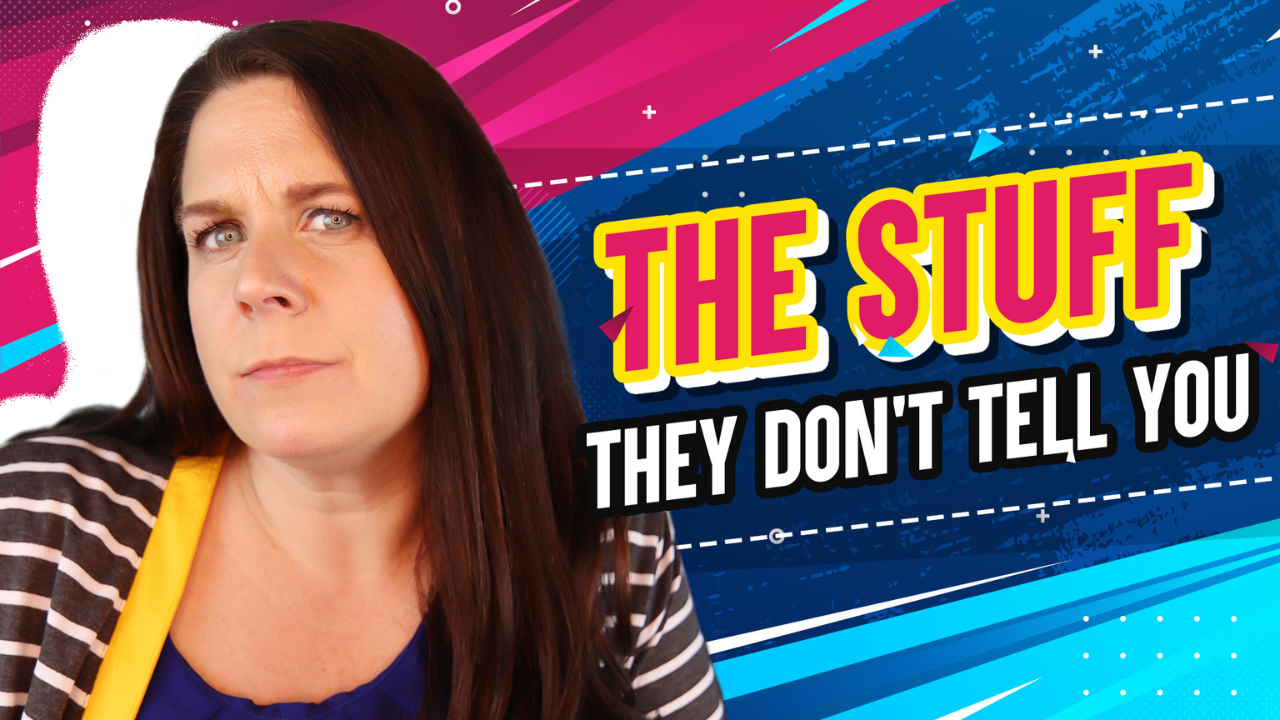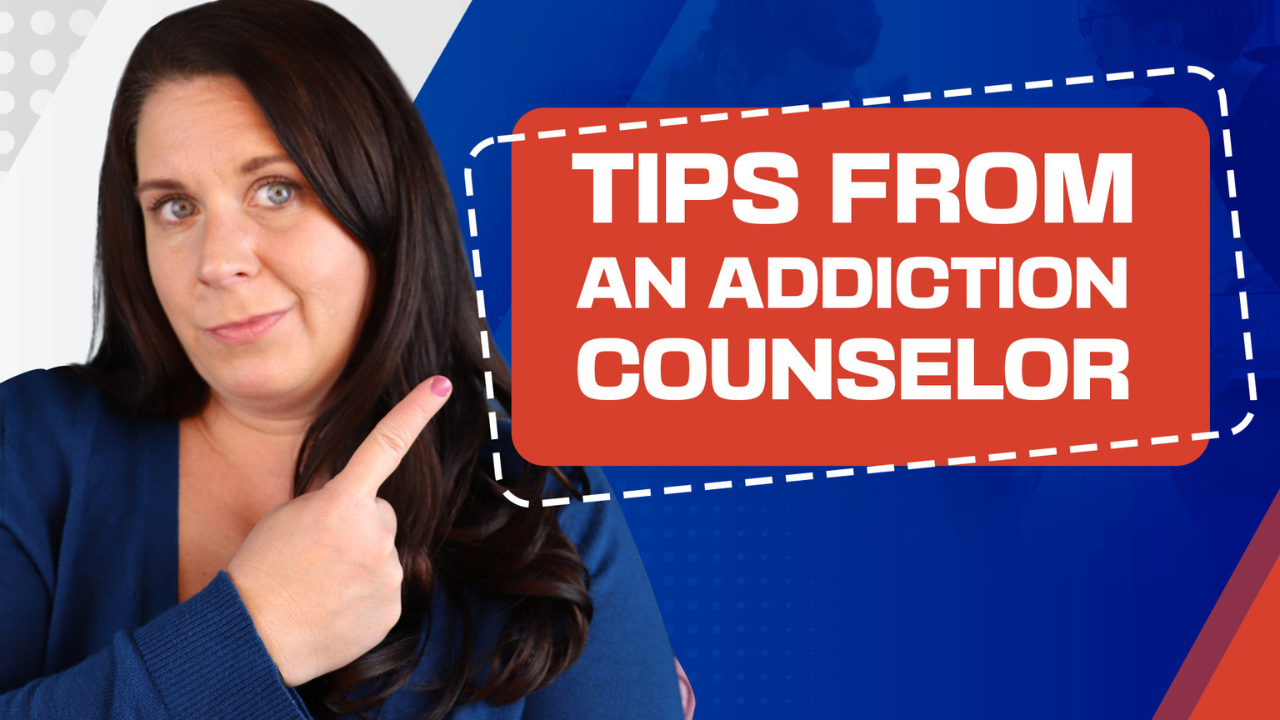How to Address The Root Cause Of Any Addiction
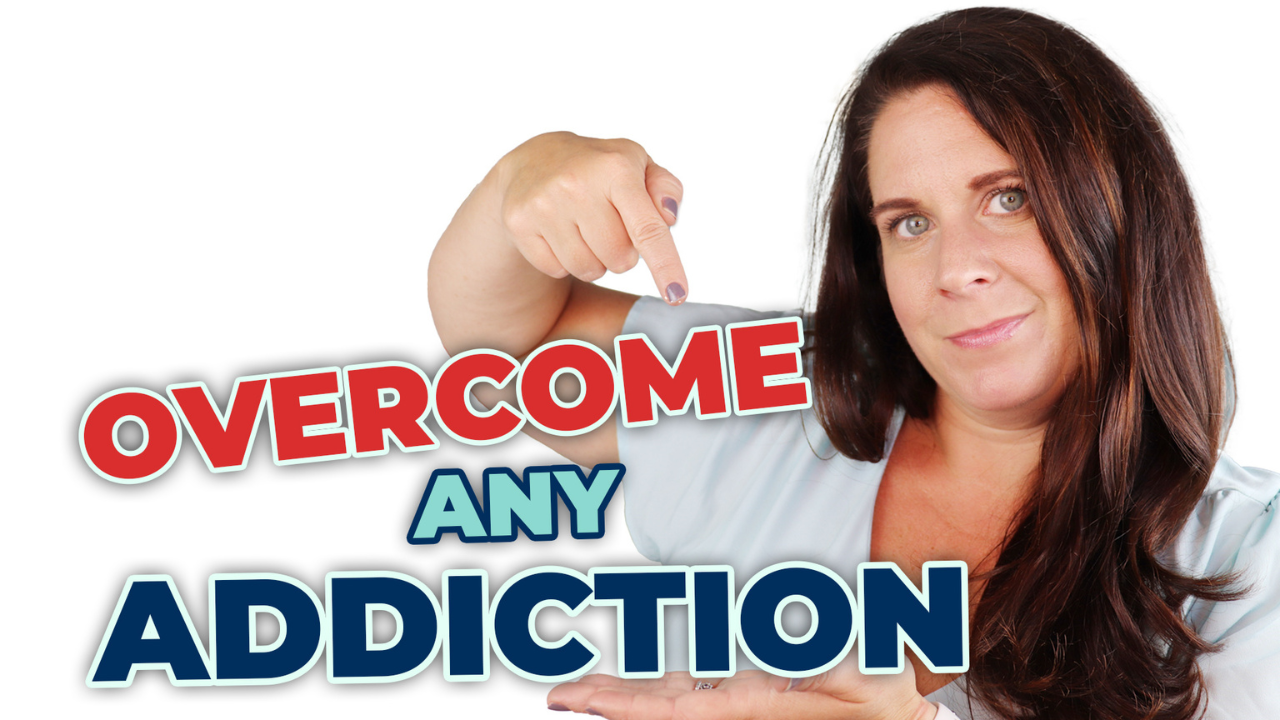
Most of us could agree that people are more prone to developing an addiction of any kind when they're down, isolated, alone, or when things are not going great.
So these situations can look like this:
- experiencing a significant loss in life
- being a new or overwhelmed mom
- being stuck in a bad relationship or job
What do we often do when we don't feel great about our situation?
We look for something to make us feel better. When you're in those situations, like I just described, feeling better isn't easy, and the usual stuff often doesn't work. But there is one quick, reliable, easy way to feel better fast: to drink, use drugs or engage in other addictive behavior.
Why is that? It's because those addictive things, whether they're substances or behaviors, typically trigger—the neurochemical dopamine. Most of us have heard about dopamine before; we all know it is a reward chemical. The problem with dopamine is that it makes us go after something that our brain thinks is rewarding,...
The BEST thing to say to someone who has an addiction
The most powerful thing you can say to someone with an addiction is a question, and the question is, "What do you think?"
I know, you're thinking, Amber, I already know what they believe, and they are all wrong. They just don't get it.
If you think that, there's possibly a little truth in that statement that maybe they don't get it, or perhaps they're wrong about some things, but that doesn't matter. It doesn't matter if they're right or they're wrong. What matters is what they think. That is critically important because when you know what they believe, you have the starting point to help guide them in the right direction.
You cannot start where you want to start because, most likely, you're 10 miles down the road from where they are, and you will not get their attention.
When you're 10 miles down the road, you have to back up and find out where they're starting from, and you have to use that information to help walk them through the process.
This solution became clear to me ...
The BEST Way To Help An Addict/Alcoholic
 Unfortunately, most family members don't understand how to play their cards right, and they end up making things worse.
Unfortunately, most family members don't understand how to play their cards right, and they end up making things worse.
(Watch the first videos of this series here)
To make it easy for you to remember. I'm going to use the acronym, CARD:
CURIOSITY
ACKNOWLEDGE
REINFORCE
DAMAGE CONTROL
C is for Curiosity.
You want to be curious about what's going on with them. Ask questions, but this next part is crucial for you to understand;
You're not asking questions to ensure they did what they said or went where they were supposed to, etc.
That is not an accountability kind of curiosity. I know you've been doing that and it's not very helpful. What you want to do is be genuinely curious about their experience. You want to understand their situation.
Instead of saying, "Did you go to your meeting?"
Say, "What are those meetings even like? Do you ever talk, and who talks? Is it ever annoying? How'd it go in there?"
Ask questions in such a way that lets the person know that they can answer honestly, ...
How To Stop Drinking Alcohol On Your Own!
The majority of clients that we see in our office stop drinking on their own without having to go to long-term treatment, like 30, 60, or 90-day treatment. And honestly, it's not that complicated.
Detox
When quitting alcohol, you have to consider whether or not you need a medical detox from the alcohol. Believe it or not, stopping alcohol from cold turkey is one of the more dangerous things to quit. So before you implement any of the other techniques that I'm about to tell you, it is crucial to have a thorough medical assessment.
Once you have that figured out, here are the critical pieces to doing this on your own, without going to long-term treatment.
1st Key to getting sober without rehab
The first thing that I want you to do is to make drinking a non-option.
What do I mean by non-option?
Make it easier on yourself. For example, one obvious thing is to take the alcohol out of your house and remove the temptation.
2nd Key to getting sober without rehab
The next thing yo...
Why You Need To Stop Telling Your Addicted Loved One They Need To Get Help
What if you're making things worse?
I know you're trying to help, but if you've been saying any of the following statements to your addicted loved one, you are only making it worse.
"You need to get some help."
"You can't do this alone."
"You have to go to treatment."
"Have you called your counselor?"
"Did you make it to your meeting today?"
When you do this, you're hitting their defensiveness button, and all they can think about is why you're all wrong.
Get them to conclude that your help would be useful and make them think it's their idea.
Timing is everything when it comes to addiction. Your addicted loved one will have moments of clarity. Usually, these moments come after some not-so-great things have happened. Wait for this moment!
How do you recognize those moments?
They'll say things like, "Man, I'm sick of doing this. I can't believe I did that again. I don't want to do this anymore." They will let you know out loud that they want to do something different and they'...
Help Someone Overcome Addiction - Even When They Don't Want To Get Sober
If you can get your addicted loved one to start envisioning a future or something more hopeful, their journey towards sobriety will speed up, and you can help reinforce it.
I'm sure you're wondering, "Okay, Amber, how do we do that?"
The first thing you have to do is help them connect with their motivations for change.
Here's a tip:
If you listen closely enough, you will hear complaints or frustrations from the person. Their motivations may not seem to be tied directly to their addictive behavior, at least not in the way that they communicate it to you, but if they're wanting something in their life to improve or something about themselves to improve, those are great motivators.
Here are some examples:
- A young adult wanting to move out of their parent's house.
- Someone who wants a promotion at work.
- Someone who wants to be a good mother or father.
Everyone has something that they desire. We all do. Listen carefully to your addicted loved one's wants, desires, and goals.
O...
How To Help An Addict/Alcoholic Get Sober - A Positive Approach
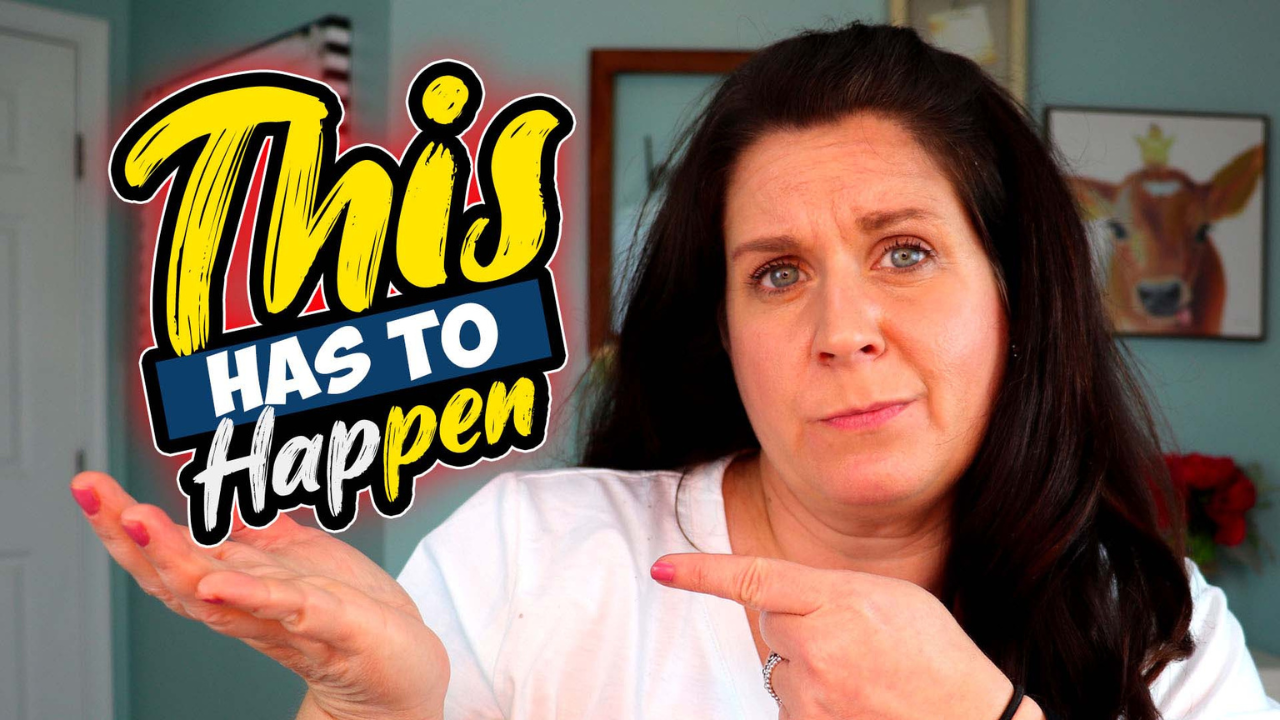 I do not believe that someone has to hit bottom to get better. I do believe that someone's situation has to get uncomfortable. It's a law of human behavior that people do what works for them. They seek pleasure and avoid pain. If their addictive behavior is more pleasurable than painful, they're probably not going to change.
I do not believe that someone has to hit bottom to get better. I do believe that someone's situation has to get uncomfortable. It's a law of human behavior that people do what works for them. They seek pleasure and avoid pain. If their addictive behavior is more pleasurable than painful, they're probably not going to change.
As their loved one, it's crucial to not interfere with the uncomfortableness and the difficulties as it happens. Don't fix their messes. Even for someone without an addiction, consequences matter. When it comes to addiction, substances act as anesthesia, so they won't feel the consequences nearly to the magnitude they would in a normal situation.
Consequences vs Punishment
A lot of people confuse consequences with punishment. I want you to understand that punishment is something you dole out and a consequence comes naturally.
If your kid is failing their classes, the consequence is that they fail the class. Punishment is something that you do at home. They can...
How To Get Your Loved One Sober | Expert Intervention Technique #1
Does this sound familiar?
"I'm not an alcoholic, it's you. You're so controlling. I'm sick of you telling me I drink too much. I work hard, provide for this house, and take care of the kids. If I want to have a drink at the end of the day, who cares? I deserve it. You need to stop being so uptight."
Believe it or not, it's possible to take someone from that state of denial to take the steps necessary to get sober. You cannot make someone get sober, but you can influence them to do so.
Strategy #1-Build credibility with your loved one
If you don't build credibility, your opinion won't matter.
Not only does your opinion not matter, but when you don't have credibility with your loved one, sometimes they do the opposite of what you want despite you.
This last one is a bit controversial.
Building credibility with your addicted loved one is about helping them feel like you understand them and knowing their situation. Your opinion and advice won't matter when they think you don't ge...
The Ugly Truth Behind The Addiction Treatment Industry
After working in addiction and recovery treatment for almost 20 years, there are some not-so-pretty truths about the behind-the-scenes of the addiction treatment industry.
I want to help you understand this to be better equipped to pick the right help for you or a loved one.
The Diverse Treatment Options
One of the first things I want you to know is that there are different types of addiction treatment, from counseling to psychiatry, intensive outpatient programs, partial hospitalization programs, sober living, detox, recovery communities, and not-for-profit programs.
The first thing you need to do is educate yourself about what kind of options are out there.
When someone is ready to get help, they jump at whatever option is right in front of them.
I see this scenario play out often, and they usually don't make strategic decisions, which can waste a lot of time and money.
You only get so many shots at this and there are pros and cons to every single option.
I wrote an insider's guide on ...
Getting Them To Admit They Have An Addiction
You can't force someone to admit that they have an addiction.
Honestly, the harder you try, the more they will dig in that they don't have an addiction. There are ways to get someone to admit to the issue without trying to force them.
Since I've been in the addiction recovery world for 20+ years, I have witnessed an abundance of denial, and denial is very, very powerful.
There are reasons why people either can't or won't see the issue, but I want to give you five tactics that I use to help you circumvent that denial ego defense mechanism.
Tactic #1 Keep the Conversation Light.
First and foremost, and maybe even most importantly, keep the conversation as casual, light, and short as possible.
Don't try to have a big talk with them because as soon as you start talking seriously, their defenses go up. Wouldn't yours? Their walls are going to go up immediately. If you're casual and comfortable in a conversation, the other person will too.
Tactic #2 Normalize the Addiction.
Try to normalize ...
